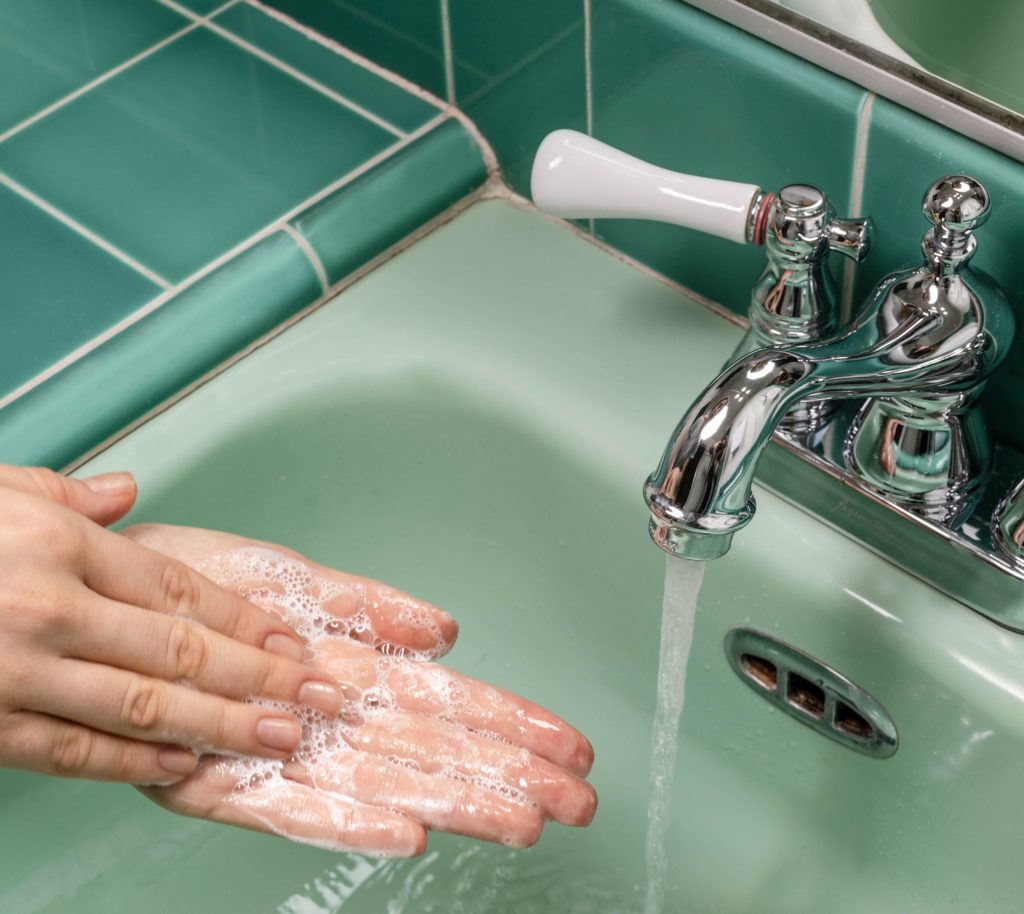How To Build A Korean Skin Care Routine For Oily And Acne-Prone Skin
Here’s what I learned about building a Korean skin care routine for acne-prone skin from the book The Little Book of Skin Care: Korean Beauty Secrets for Healthy, Glowing Skin by Charlotte Cho. It’s a great book to read if you want to learn more about skin care and Korean beauty.
Table of Contents
Double cleanse is the cornerstone of Korean skin care
For acne-prone skin, one of the key things to focus on is cleanliness. Breakouts happen when pores are clogged due to dirt and debris from the environment and residue from beauty products. So, following the practice of a double cleanse at night to ensure all dirt is removed from skin can prevent more breakouts from occurring.
First, use a gentle oil cleanser or balm to melt away makeup and remove dirt. Then, follow up with a water-based face wash to get a solid second cleanse, so the face is very clean.
Chemical exfoliators are more popular in Korean skin care
Exfoliating is another popular step in Korean skin care. After cleansing the face at night, use a chemical exfoliator with BHA or betaine salicylate (a gentler form of BHA) to remove dead skin cells and excess oil from the pores. Do this two to three times a week on alternating nights. Make sure to use a hydrating serum and moisturizer after.
Related:
Affordable Korean Skincare Brand Innisfree Is Great For Acne-Prone Skin
Spot treat with a pimple patch
This sounds like glaringly obvious advice and almost like something that won’t work, but there are a range of pimple patches from Korean skincare brands that do actually work to reduce inflammation and help pimples (especially the really large painful ones) heal faster. After cleanser and exfoliating toner, pop on a pimple patch (and use as directed on the product) on the affected areas and continue with normal skincare routine.
Choose a moisturizer with the right formula for acne-prone skin
Some moisturizers are too thick and contain too much oil for acne-prone skin. Look for a gel cream or water-based cream. Gel creams are ideal because they are water-based, absorb quickly, and non-clogging on the pores. Facial oils are not recommended for oily and acne-prone skin.
Note: These tips are for informational purposes only. Please do your research and consult your doctor before making any changes to your skincare routine, especially if using prescribed products.


